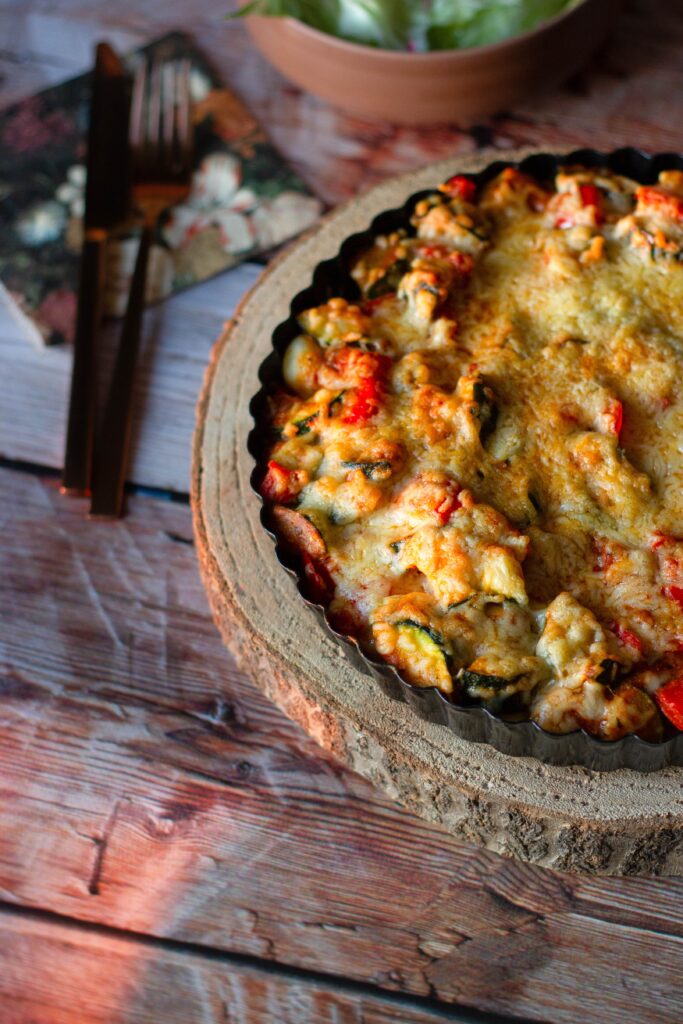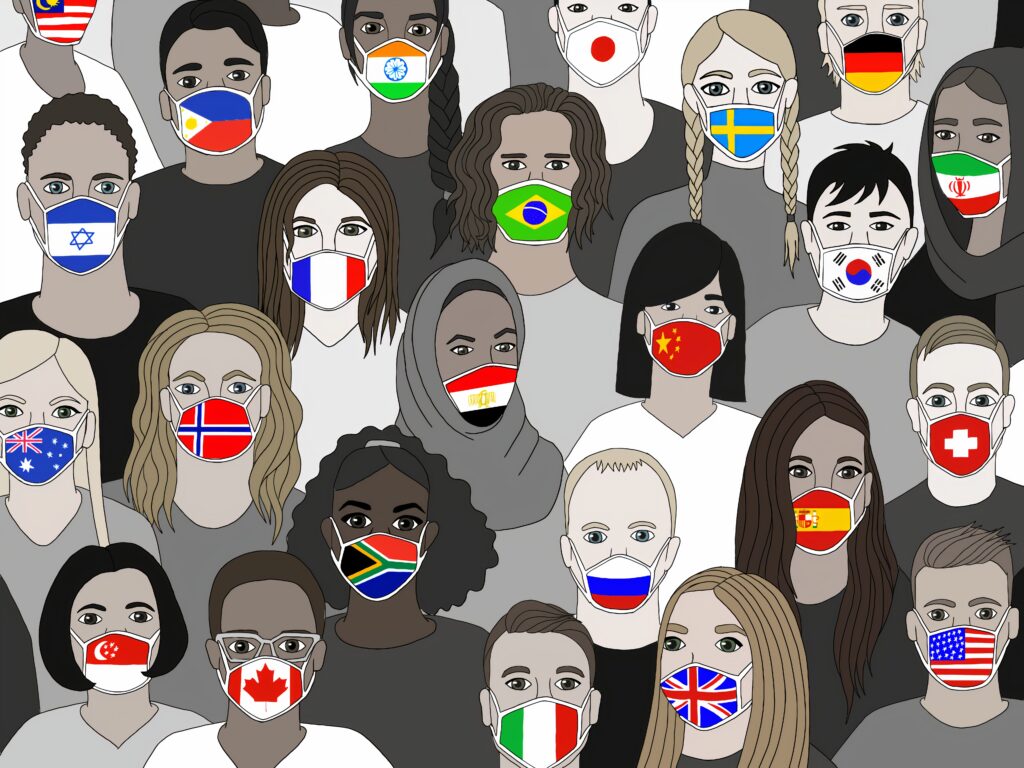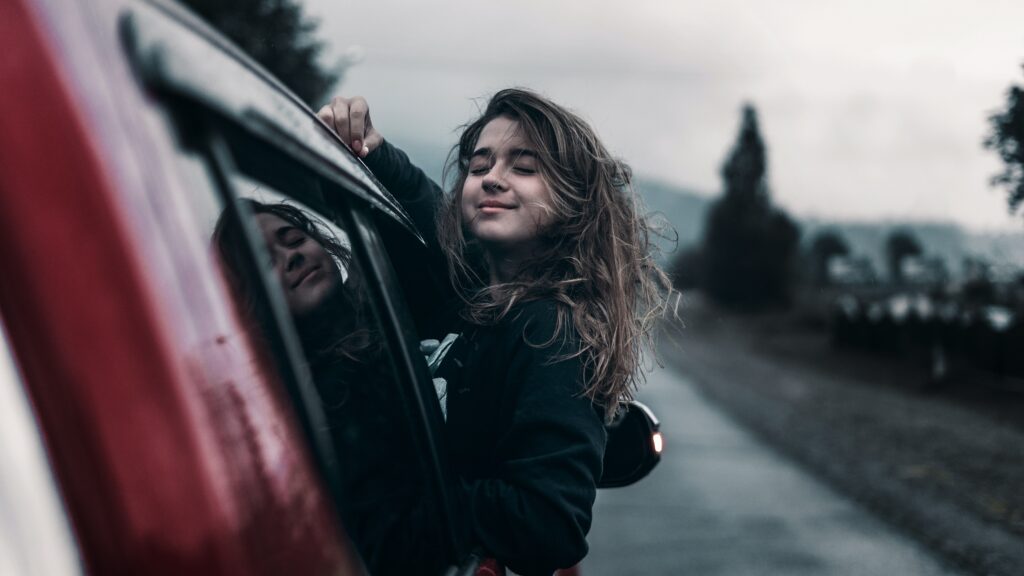Mental Illness is not a ‘casserole disease’, but it should be.

In 2016, Mary Annette Pember, published a paper in Indian Country Today called “Intergenerational Trauma: Understanding Natives’ Inherited Pain”. I read this paper with clear understanding: of course trauma is passed down through the generations. It makes perfect sense. Our parents pain shapes our lives through their stories and behaviors. When you play that out across the world. Given the impacts of mass media instant sharing, it’s no wonder people are filling mental health facilities faster than they can be built. If you study survivors, something that becomes clear is that resilience is an essential ingredient in healing, as well as an outcome of it.
Pember writes:
“The American Psychological Association (APA) defines resilience as the process of adapting well in the face of adversity, trauma, tragedy, threats or significant sources of stress. The ACEs study has given rise to the field of resilience research. This body of work suggests that rather than focusing on risk and deficits, social and behavioral science should instead examine what has worked for people.
The APA shares a list of findings for successfully building resilience that includes:
—Making connections
—Avoid seeing crises as insurmountable problems
—Accept that change is a part of living
—Move toward your goals
—Take decisive actions
—Look for opportunities for self-discovery
—Nurture a positive view of yourself
—Keep things in perspective
—Maintain a hopeful outlook
—Take care of yourself “
But how do we maintain mental health, even grow and nurture resilience in an ongoing series of crises (pandemic, climate change, economic recession) with no clear end in sight? Can others plant a seed of resilience for someone else? We don’t know we are resilient until we are surviving something, and surviving means going through, not around. So how can we find, and tap into, our inner resilience? We reach for, and if we can, we give each other help.
We listen. We share our experiences and success and failures. We tell stories that ring true to our own hearts, and we find our place on earth so we stand on solid footing while we are telling. We learn by experience how to come into any place where we find ourselves, and remain in touch with the juxtaposing worlds we see. But how do you pass that on to the next generation, who have different traumas to survive? I have a short story to share that illustrates one path, in hopes that it helps others find the resilience within, and share it with ones in need.

My great grandparents left Poland during the pogroms at the beginning of the 20th century. Some of the family stayed behind and became victims to concentration camps, others went to Australia where the family still thrives today. My great grandparents came to NY through Ellis Island, weathered the depression, the wars, and personal tragedies. Yet when I think of my family members, the predominant traits I recall are laughter and music. Not an ordinary kind of laughter, but the full-on-can’t-catch-your-breath-tears streaming-down-your-face kind of laughter. The kind that once you recover, you feel high, rejuvenated and relaxed all at once.
In January of 2014, I got the flu for the first time in 10 years. That resulted in 3 weeks of missed of work, after almost never missing any work in the 4 years I had been at my consulting job. I loved that job and was very good at it, and worked with people I really enjoyed and respected, all while doing work I loved. I was going to eventually take over the company and someday, retire. Pretty good for a single mom with no child support in a major city! I took my kids traveling alone – to Costa Rica, Mexico, Alaska, LA. I was feeling terrifically fortunate and appreciative of all I had. And I am pretty sure I never took it for granted, having spent times in life with less than $12 to my name and no foreseeable income, so I knew how life could change on a dime. But the spiral lasted for 6 years.
Almost immediately after my recovery, my daughter took to her bed, and thus began my life altering experiences.
During this 6 year ‘adventure’, I spent all of my money on hospital bills or living between jobs (I had never experienced trying to find a job in my 50’s), and used up most of my energy too. I used my retirement funds, all of my savings, including I had for things like braces and emergencies. But – thanks to my ancestors – I never lost my sense of humor. Apparently that is a deep and healing well. I also gained a sense of peace and (mostly) happiness that runs deep, and comes along with the survival of such a massive change in life. I learned about agism, living on the edge of losing my home, shutoff notices, and how to navigate the mental health system as well as how to home school my son. I also learned about the kindness in people and learned to ask for help. Six years later, as I was finally rebuilding my life and career, the 2020 Covid19 pandemic hit.
Oddly, I felt prepared and ready – and I started helping others to get through their own rough times. This blog will share resources, ideas, stories and hope. I look forward to this journey with those of you who care to follow!
Be well, wear your mask,
Sandra
Depression is your avatar telling you it’s tired of being the character you’re trying to play.” Jim Carrey

